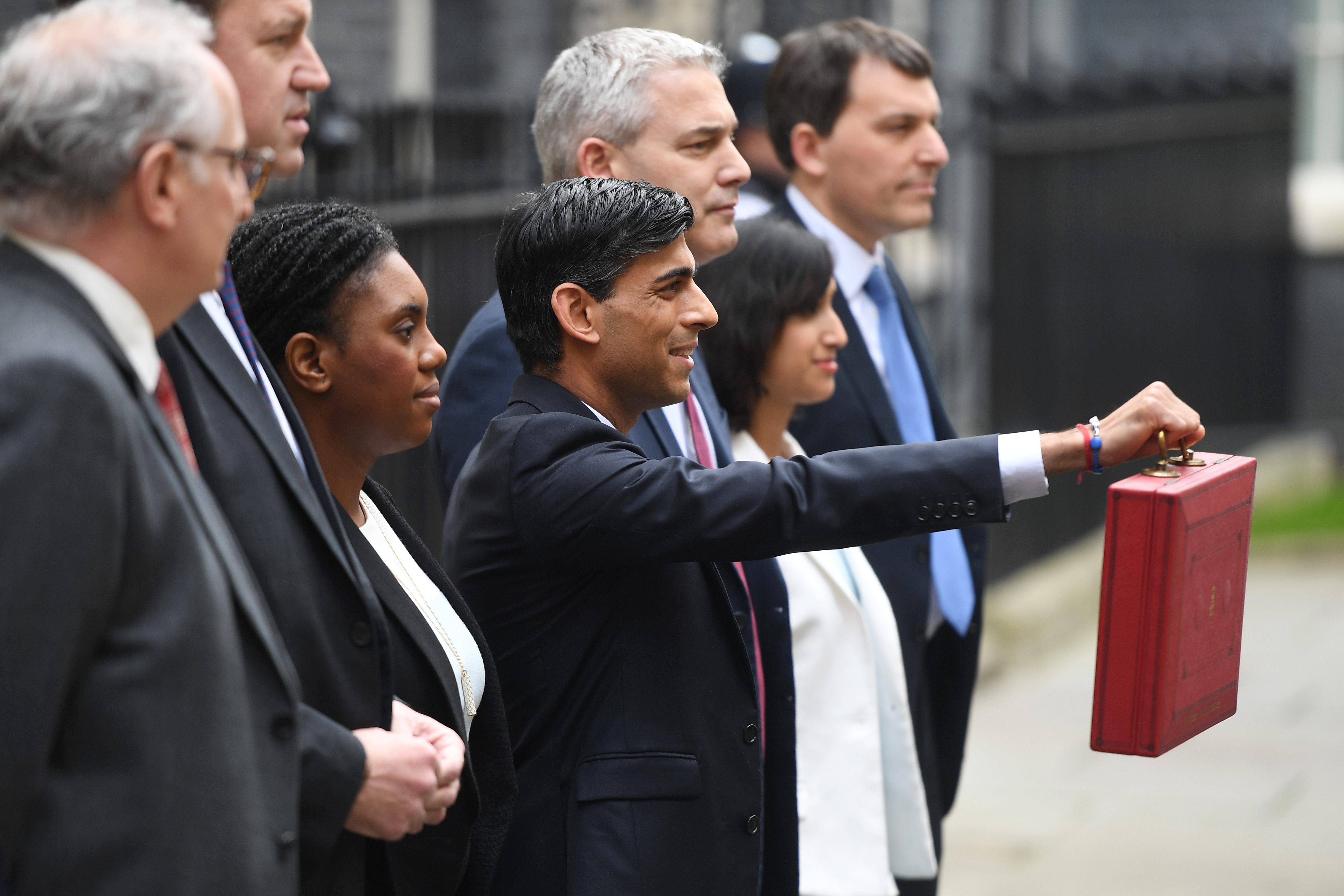United Kingdom
Startup investors criticize UK's tech tax, other measures
March 11, 2020
The UK's newly minted finance minister Rishi Sunak unveiled his first budget on Wednesday, calling for massive spending plans to battle the coronavirus crisis while pumping extra cash into innovation.
Venture capitalists applauded both of these strategies but they were critical of a proposed digital tax and plans to scale back support for entrepreneurs.
As the Bank of England announced an emergency interest rate cut to 0.25% from 0.75% because of the coronavirus, the government said it would add an extra £30 billion (around $38 billion) to its budget. Of this, £12 billion will go toward coronavirus measures, including tax relief for some businesses and a lending program for those impacted by the virus.
While these short-term measures are good news for ailing enterprises, the government also wants to burnish its pro-innovation credentials. With that in mind, it revealed plans to increase public R&D investment to £22 billion a year by 2024. This includes a £200 million life sciences investment program launched by the British Business Bank. Investors have welcomed the move.
Tom Wehmeier, partner and head of insights at London-based venture firm Atomico, said that while it was good to see a strong R&D element to the budget, how money is spent is more important than how much. "Just throwing money at a problem isn't going to get the results we need without the right priorities and implementation," he said.
He said the government was moving in the right direction planning for an £800 million blue-skies funding agency modeled on Darpa—the U.S. Defense Department agency that has backed emerging-tech companies like robot maker Boston Dynamics. Julian David, the CEO of the trade group TechUK, praised creating such an agency as "radical and refreshing."
David is less refreshed by the government's plans to push ahead with a controversial digital services tax, which puts a 2% levy on online revenue generated by social media services, search engines or online marketplaces, adding that the decision "cuts against the grain." The tax is expected to hit US tech giants such as Facebook, Amazon and Google.
"I am surprised by the 2% digital tax, but I understand it," said Hussein Kanji, a partner at Hoxton Ventures, noting that many countries will argue that multinational profits should be taxed where the customers are, rather than where companies place their intellectual property.
The concern, Kanji added, is that the move could spark a trade war. The US had previously threatened France with tariffs when France introduced a similar law. "Given that the UK still needs to negotiate with the US on trade post-Brexit, this may not be the wisest negotiation position."
Another controversial tax move was the decision to scale back tax relief for entrepreneurs, which comprises a reduced 10% rate of capital gains tax. The relief is being retained, but lifetime allowance will be reduced from £10 million to £1 million.
Michael Moore, director general of the British Private Equity & Venture Capital Association, said that while there have been significant changes to the relief, it is important that it remains in place. Atomico's Wehmeier, on the other hand, suggests the relief is a policy of a different era, noting the UK startup scene is in a very different place today and has the ability to tackle global problems, regardless of tax relief.
"From a tech perspective, there's never been a healthier set of foundations upon which to found a tech startup in the UK," Wehmeier said.
Likewise, Hoxton Venture's Kanji said that while the relief is nice to have, it's not a pre-condition for forming a startup. He said: "The US and Israel don't have these tax programs, and they seem to churn out great companies all the time."
Comments:
Thanks for commenting
Our team will review your remarks prior to publishing.
Please check back soon to see them live.